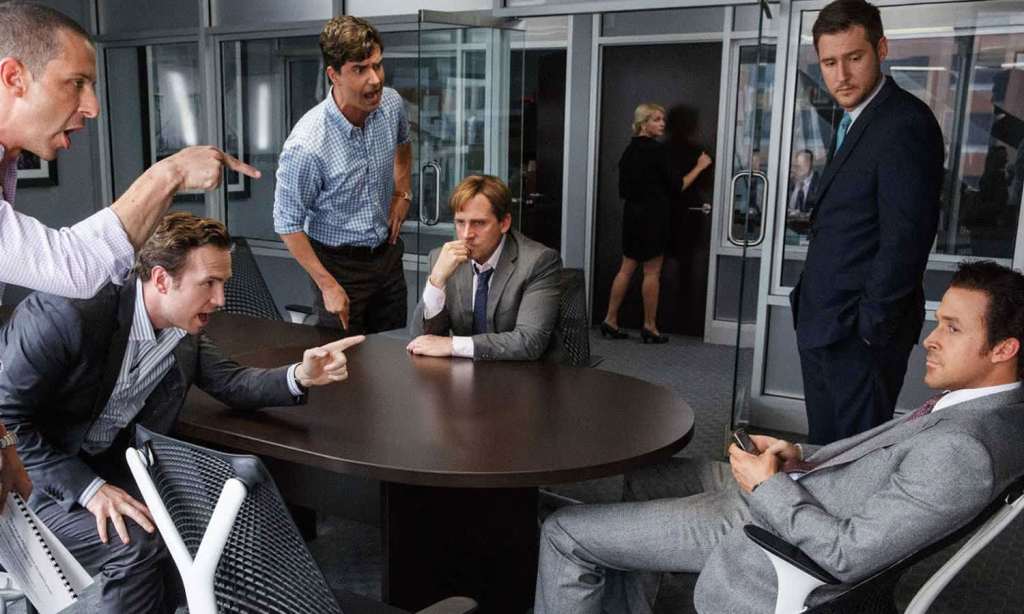In Australia, we were lucky enough to have some solid economic foundations that the last Global Financial Crisis (GFC) in 2007-2008 did not hit us as hard as it did the rest of the world.
Today, with the coronavirus causing another economic crisis, we’re looking back upon the lessons did we learned last time, and considering if there’s anything we can do financially to protect ourselves now, and in the future.
Lesson 1 ⮕ Always have a buffer
It is important to have at least three months’ worth of income in the bank account at all times, so that if something unexpected happens (like the coronavirus crisis), you will at least have some time to think and act rationally. In a time of crisis where assets vary in value, cash is king. Learn more about how to create and maintain an emergency fund here.
Lesson 2 ⮕ Income insurance can really save you
If an economic crisis hits and you are left unemployed for an extended period, you could be looking at some challenging times ahead. In particular, if you have a mortgage or other major financial responsibilities.
Income insurance can help make sure you are receiving at least 75% of your income while a crisis plays out, so while it may be a little late to get those wheels in motion now, consider this when the economy starts to look a little healthier and protect yourself against the next crisis.
Lesson 3 ⮕ When the stock market gets tough, no action is the best action
This lesson has a couple of caveats that depend on your own situation and the type of stocks you have invested in. However, as a general rule, not cashing out could be the best strategy.
In times of crisis, people have been known to panic and make rushed decisions, especially when it comes to money. But historically, markets have been seen to recover and bounce back. Of course, every investor’s circumstances vary, and so before making any decisions, it’s always best to seek the advice of your trusted financial advisor.
Lesson 4 ⮕ Diversify
Even though Australia’s housing market was not hit as badly as the American market during the GFC, one thing was very clear: when you invest all your money in one type of asset (in this case, property) you could be increasing your financial risk.
It’s great to have investment properties if you have the means, however, it’s wise to diversify your investments across a range of industries, to ensure you’re protected should one area see a large collapse.
Lesson 5 ⮕ Be responsible with risk
It’s hard to know when a crisis will hit or when your financial stability could become threatened, but being responsible with your finances is a rule to be applied even in the strongest of economies.
Applying for a loan to buy a large asset when you know you might not be able to afford the repayments down the track will only bring more troubles for you, crisis or no crisis. So, when a crisis does hit, it’s OK to be conservative with your money, unless you can afford the risk.
—
These are general lessons that we could draw upon from the past financial crisis. Every person will process and experience this current crisis differently, and according to their own unique set of financial circumstances.
One thing is very clear in times of crisis, though: that we need to be highly realistic with our money and have an emergency fund saved up at all times.
If you’d like to take this opportunity to improve your money habits and savings, get yourself a Best Financial Friend or visit BestFinancialFriend.co.







